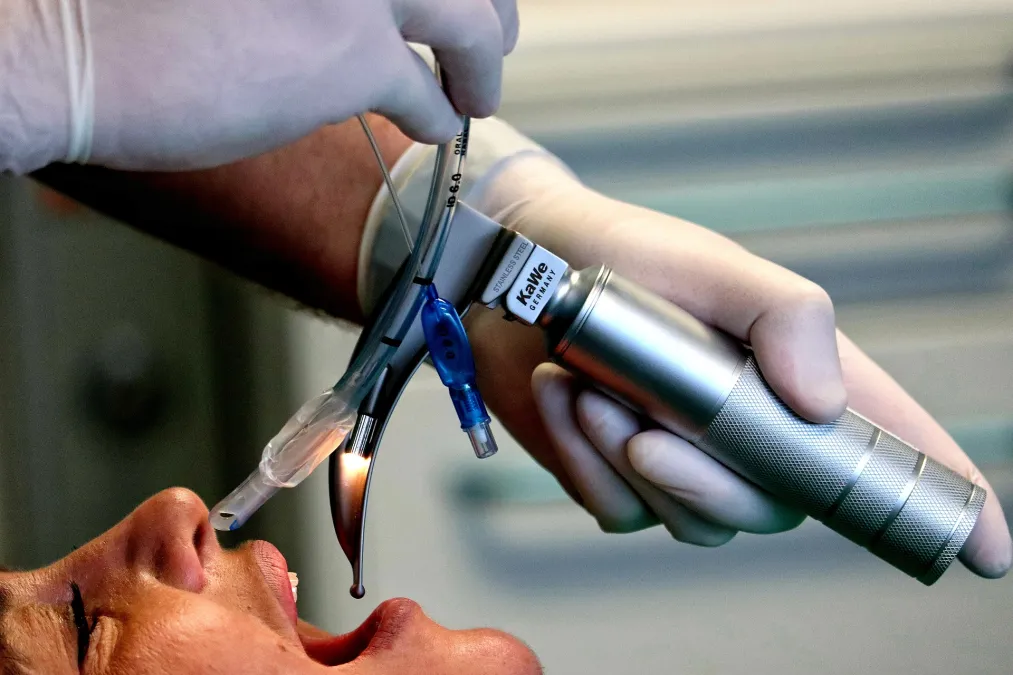
Preparing for the Royal College of Physicians and Surgeons of Canada (RCPSC) Anesthesiology Exams is a significant milestone in your medical career. Achieving success in these exams not only validates your expertise but also opens doors to numerous professional opportunities. This comprehensive guide will provide you with effective strategies, essential resources, and valuable tips to help you excel.
Table of Contents
- Understanding the RCPSC Anesthesiology Exams
- Developing a Strategic Study Plan
- Mastering the Written Examination
- Excelling in the Oral Examination
- Leveraging Anesthesia Zone for Success
- Additional Study Tips
- Exam Day Strategies
- Conclusion
- Keywords
Understanding the RCPSC Anesthesiology Exams
The RCPSC Anesthesiology Exams assess your knowledge, clinical skills, and readiness to practice as an independent anesthesiologist in Canada. The exams consist of two main components:
1. Written Examination
- Format: A combination of multiple-choice questions (MCQs) and short-answer questions (SAQs).
- Content: Covers a wide range of topics including basic sciences, clinical anesthesia, pain management, perioperative medicine, and critical care.
2. Oral Examination
- Format: Structured oral examination with examiners presenting clinical scenarios.
- Content: Evaluates your clinical reasoning, decision-making abilities, and application of knowledge in real-world situations.
Eligibility Requirements:
- Completion of an accredited anesthesiology residency program in Canada.
- Endorsement from your program director confirming your readiness to take the exams.
Developing a Strategic Study Plan
A well-organized study plan is crucial for effective preparation.
Assess the Curriculum
- Review the Objectives: Familiarize yourself with the RCPSC Objectives of Training in Anesthesiology.
- Identify Key Topics: Focus on areas that are heavily weighted in the exams.
Set Realistic Goals
- Daily and Weekly Targets: Break down the syllabus into manageable sections.
- Prioritize: Allocate more time to topics where you feel less confident.
Schedule Study Sessions
- Consistency: Dedicate specific times each day for studying.
- Flexibility: Be prepared to adjust your schedule as needed.
Monitor Progress
- Self-Evaluation: Regularly test your knowledge with practice questions.
- Adjust Accordingly: Modify your study plan based on your performance.
Mastering the Written Examination
Excelling in the written exam requires a deep understanding of anesthesiology principles.
Utilize Core Resources
-
Recommended Textbooks:
- Miller's Anesthesia
- Stoelting's Anesthesia and Co-Existing Disease
- Clinical Anesthesia by Barash et al.
-
Canadian Guidelines:
- Stay updated with the latest guidelines from the Canadian Anesthesiologists' Society (CAS).
Practice with Question Banks
- Diverse Question Types: Engage with both MCQs and SAQs.
- Timed Practice: Simulate exam conditions to improve time management.
- Review Answers: Understand the rationale behind each answer to reinforce learning.
Focus on High-Yield Topics
- Anesthetic Pharmacology
- Physiology and Pathophysiology
- Regional Anesthesia
- Pain Management
- Perioperative Medicine
- Critical Care
Excelling in the Oral Examination
The oral exam assesses your ability to apply knowledge in clinical scenarios.
Develop Clinical Reasoning
- Case Studies: Regularly review and discuss clinical cases.
- Decision-Making: Practice developing differential diagnoses and management plans.
Enhance Communication Skills
- Clarity and Conciseness: Learn to articulate your thoughts effectively.
- Structured Responses: Use frameworks to organize your answers logically.
Simulate Oral Exams
- Mock Examinations: Practice with peers or mentors to simulate the exam environment.
- Feedback: Seek constructive criticism to identify areas for improvement.
Leveraging Anesthesia Zone for Success
Anesthesia Zone is a comprehensive platform tailored to support your preparation for the RCPSC Anesthesiology Exams.
Features
- Extensive Question Bank:
- Over 1,500+ MCQs and MTFs covering all core topics.
- 1,140+ Written Exam Questions to practice SAQs.
- Structured Oral Examination Resources:
- 1,840+ Questions across 230 clinical scenarios to prepare for the oral exam.
- Detailed Explanations:
- In-depth answers with references to standard textbooks and articles.
- Interactive Learning Tools:
- Track your progress, analyze performance, and focus on areas needing improvement.
- Multi-Device Accessibility:
- Study anytime, anywhere on any device.
Benefits
- Tailored Content: Resources aligned with the RCPSC exam objectives.
- Exam-Focused Preparation: Materials designed to reflect the format and difficulty of the actual exams.
- Boost Confidence: Extensive practice enhances readiness and self-assurance.
- Efficient Study Experience: Organized and high-quality materials save you valuable time.
Additional Study Tips
- Stay Updated: Keep abreast of the latest developments in anesthesiology and critical care.
- Join Study Groups: Collaborate with peers to discuss challenging topics.
- Attend Review Courses: Participate in preparatory courses offered by professional organizations.
- Use Mnemonics and Visual Aids: Employ memory aids to help retain complex information.
- Balance Study and Rest: Ensure you have adequate downtime to prevent burnout.
Exam Day Strategies
- Rest Well: Ensure you get sufficient sleep before the exams.
- Nutrition: Eat a healthy meal and stay hydrated to maintain energy levels.
- Arrive Early: Give yourself ample time to settle in and reduce stress.
- Stay Calm and Focused: Practice relaxation techniques if you feel anxious.
- Read Carefully: Take the time to thoroughly read each question.
Conclusion
Preparing for the RCPSC Anesthesiology Exams is a demanding but achievable goal with the right approach and resources. By implementing effective study strategies and leveraging the comprehensive tools available at Anesthesia Zone, you're setting yourself up for success and a rewarding career in anesthesiology.
Keywords
RCPSC Anesthesiology Exam preparation, Canadian anesthesiology exams, Anesthesia Zone, MCQs for anesthesiologists, anesthesia question bank, how to pass the RCPSC exams, oral exam preparation, anesthesiology study tips, Canadian anesthesiology resources.
Embark on your journey to becoming a certified anesthesiologist in Canada with confidence. Start your preparation with Anesthesia Zone today!